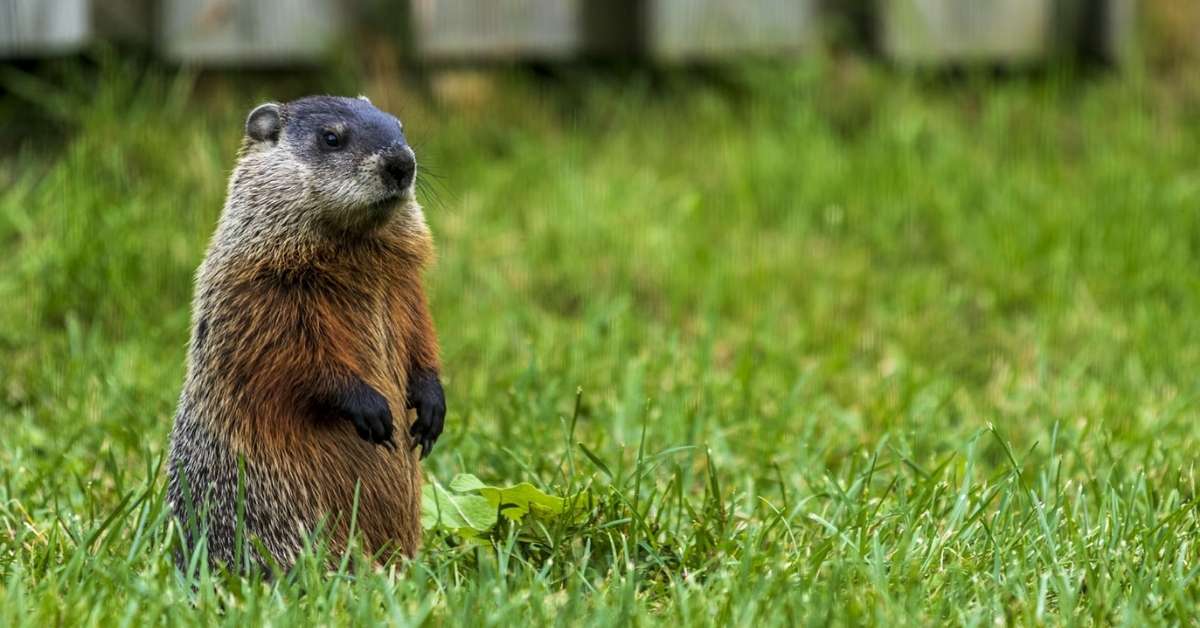It’s a new age for artisans and craft makers. Thanks to websites like Etsy, business owners can create, upload, and sell their products directly to consumers around the globe, all from their very own homes.
But as a flurry of artisans trade industrial spaces for home offices, this new group of small business owners has faced a unique challenge when it comes to safeguarding their homes and collecting federal relief in the event of environmental disasters.
According to a global survey conducted by the nonprofit Nest, three out of every 10 handcraft business leaders experienced extreme weather events between 2019 and 2022 that adversely affected their operations.
In recognition of these hardships, Nest and Etsy partnered up with the Environmental Defense Fund to create climate guides for artisans who double as small business owners.

The two guides — “Building Climate Resilience: A Disaster Preparedness Guidebook” and “Responding to Climate Disasters: A Disaster Recovery Guidebook for US Artisans & Maker-Entrepreneurs” — were both made available for free online this fall.
Carolyn Kousky, who serves as the associate vice president of the EDF, was one of the primary authors for the climate guides.
“Navigating disaster recovery can be incredibly challenging,” Kousky told Good Good Good. “Federal programs can be confusing and complicated. The guides were created to provide artisans some guidance and support in this process.”

Sindu Soundararajan, an EDF Climate Corps Fellow and contributing author for the climate guides, said part of the research process involved stepping into the perspective of someone who might apply for federal aid through FEMA after a disaster.
“The creation of these guides was motivated by hearing these stories and knowing how hard it is, period, but especially in the face of a life-altering disaster,” Soundararajan said in an interview with Good Good Good. “These guides work to bridge that gap in knowledge.”
Soundararajan said the guides are not just about helping people apply for funds after a disaster, but also the “steps that you can take before disaster strikes” through home-hardening measures.

“For the artisan and maker community in the U.S., a lot of people are not only a small business, but a small home-based business,” Soundararajan told Good Good Good. “This provides a duplication of the destruction that happens. Whatever happens to your home is also happening to your business and your livelihood in multiple ways.”
When Rebecca van Bergen founded Nest in 2006, the nonprofit was designed to help foster growth in the artisan economy while also promoting gender equity and economic inclusion.
She said that the climate guides are a natural extension of protecting those workers and making government assistance programs more accessible for everyone.
“One of the problems is that all of this information is disaggregated,” van Bergen told Good Good Good. “It lives in different places, and it's hard to find, it's difficult to navigate. … Time is not something that people with a side hustle, or craft business, have.”

However, Kousky said that the climate guides are just one small part of the larger puzzle concerning environmental advocacy.
“The risk of weather-related disasters is increasing as the planet warms,” Kousky told Good Good Good. “These disasters are becoming more frequent and more severe, and we are seeing risks emerge in places unaccustomed to dealing with them, such as wildfires in Louisiana or hurricanes in Southern California.”
Soundararajan said that we live in a “decisive decade” and that change will come if activists work across sectors and political divisions.
“I think the best individual action that somebody could take is trying to embed some type of climate action in whatever sphere of life that you can, whether that's work or home, your family, or in your community,” Soundararajan said. “Climate justice gives me hope.”
Header image courtesy of Nest



